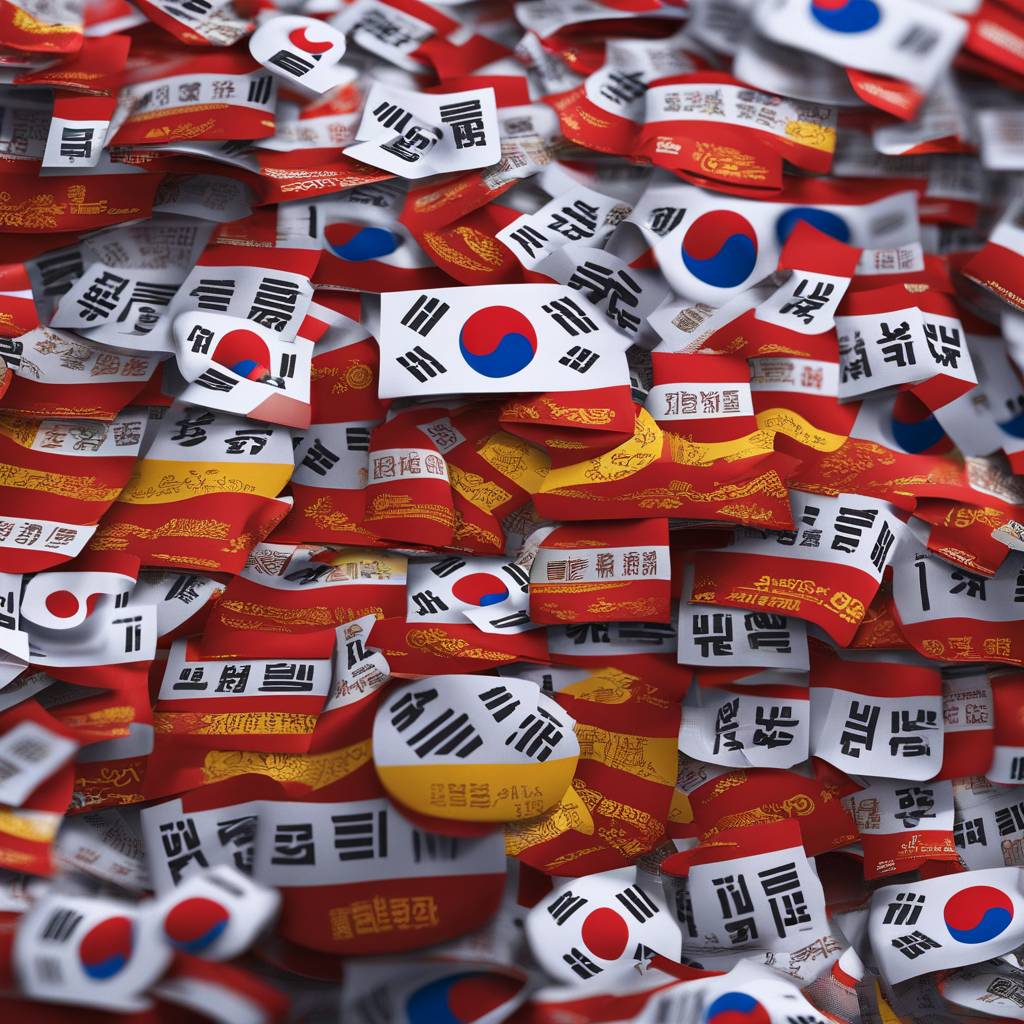As President Yoon Suk Yeol approaches a pivotal moment in his presidency, with South Korea heading to the polls to select a new Parliament, the stakes are high for both him and his main rival, Mr. Lee Jae-myung of the Democratic Party. The upcoming election will determine the makeup of the National Assembly for the next four years and could impact the political futures of both leaders. With dozens of parties vying for seats, the contest is largely between Mr. Yoon’s People Power Party and the liberal Democratic Party, with swing and moderate voters likely to play a decisive role in the outcome.
The election is critical for President Yoon, as a major loss for his party could render him a lame duck for the remainder of his term and potentially even lead to impeachment threats. Meanwhile, Mr. Lee is eager to secure an electoral victory amidst bribery and criminal charges, positioning himself for a potential run for the presidency in 2027. The opposition has capitalized on public discontent with rising consumer prices and allegations of corruption surrounding President Yoon and his administration, emphasizing the need for change and accountability in government.
The political landscape leading up to the election has been marked by deep-seated polarization and personal rivalries between the main candidates. Accusations of corruption, abuse of power, and attempts to demonize the opposition have overshadowed policy proposals, resulting in a heated and divisive campaign. President Yoon’s conservative party has characterized his opponents as criminals, while the opposition has accused him of authoritarian tendencies and curbing civil liberties through state enforcement.
With a significant portion of eligible voters already participating in early voting, the election is expected to hinge on the decisions of swing voters in their 20s and 30s, as well as those holding centrist views. Campaign strategies have focused on highlighting opponents’ missteps, such as President Yoon’s green onion gaffe, to sway undecided voters. The outcome of the election will not only shape domestic policies but also impact South Korea’s foreign relations, although Mr. Yoon’s foreign policy agenda is largely executed by the president.
Despite the intense contest between political rivals, the need for policy-focused discussions and concrete proposals has been overshadowed by personal attacks and character assassinations. The election has become a referendum on President Yoon’s leadership over the past two years, with voters assessing his performance and suitability for office. As the nation awaits the election results, the future direction of South Korea’s governance and political landscape hangs in the balance, with potential implications for the country’s economic and social trajectory.


